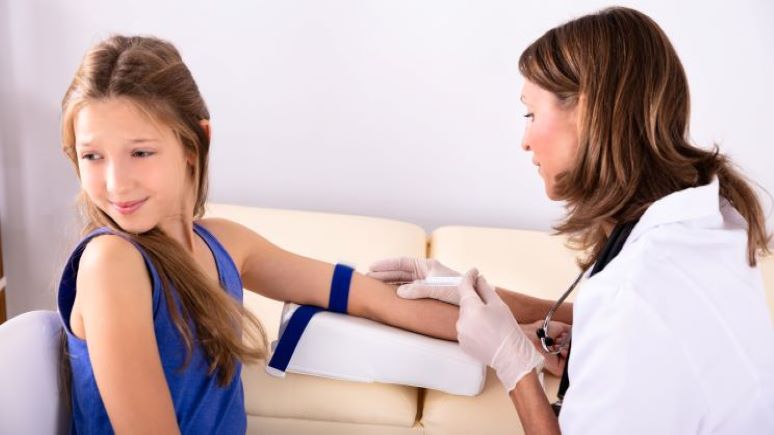Henoch-Schonlein purpura symptoms
Four main signs and symptoms are characteristic of Henoch-Schonlein purpura. Still, not all individuals with the condition have all four. The signs and symptoms include:
- A purplish rash (purpura). The distinctive sign of Henoch-Schonlein purpura is the red to purplish spots, which resemble bruises that appear mainly on the legs, feet, and buttocks. The spots can also develop on the face, trunk, and arms, and it can also be more intense in areas where clothing causes pressure on the skin, such as at the waist or the sock line.
- Sore and swollen joints. Children who have Henoch-Schonlein purpura often have swollen and painful joints. This symptom may appear a day or two before the rash, and the ankles and knees are most often affected. The pain usually goes away without any lasting complications when the disease resolves.
- Gastrointestinal symptoms. Many people with Henoch-Schonlein purpura develop symptoms like the stomach and intestinal pain, bloody stools, or nausea and vomiting. Like joint pain, gastrointestinal symptoms can appear before the onset of the rash.
- Kidney problems: Henoch-Schonlein purpura can affect the kidneys. Most of the time, this will show up as blood or protein in the child’s urine. A parent may not even be aware of this unless the doctor orders a urine test. In most cases, kidney function is restored when the disease resolves, but occasionally, kidney disease might persist.
When to see a doctor
Henoch-Schonlein purpura can cause problems of the kidneys or bowel, which are severe in some cases. If a child is noted to have the typical rash of Henoch-Schonlein purpura, contact your doctor as soon as you can.
Henoch-Schonlein purpura diagnosis
Henoch-Schonlein purpura is relatively easy to diagnose if the distinctive rash, gastrointestinal symptoms, and joint pain are present. However, if there are questions or your doctor wants to rule out other conditions, the healthcare provider may recommend additional tests.
Lab tests
There is no single test to positively confirm Henoch-Schonlein purpura. Still, some tests can help rule out other conditions and increase the chances of diagnosing Henoch-Schonlein. These may include:
- Blood tests. A particular antibody is often elevated in the blood of children who have Henoch-Schonlein purpura.
- Urine tests. The doctor may check the urine to see if blood or protein is present. It can also help determine if a child’s kidneys are working adequately.
Biopsies
Sometimes a small skin sample is taken and looked at under a microscope. If kidney damage is occurring, a kidney biopsy may be recommended to help decide on the best treatment.
Imaging tests
Sometimes an ultrasound might be recommended. Usually, it is the case when Henoch-Schonlein is not determined to cause abdominal pain or if the disease is causing complications, like a bowel blockage.
Click Here to read about Treatment.
















Leave a Reply
You must be logged in to post a comment.